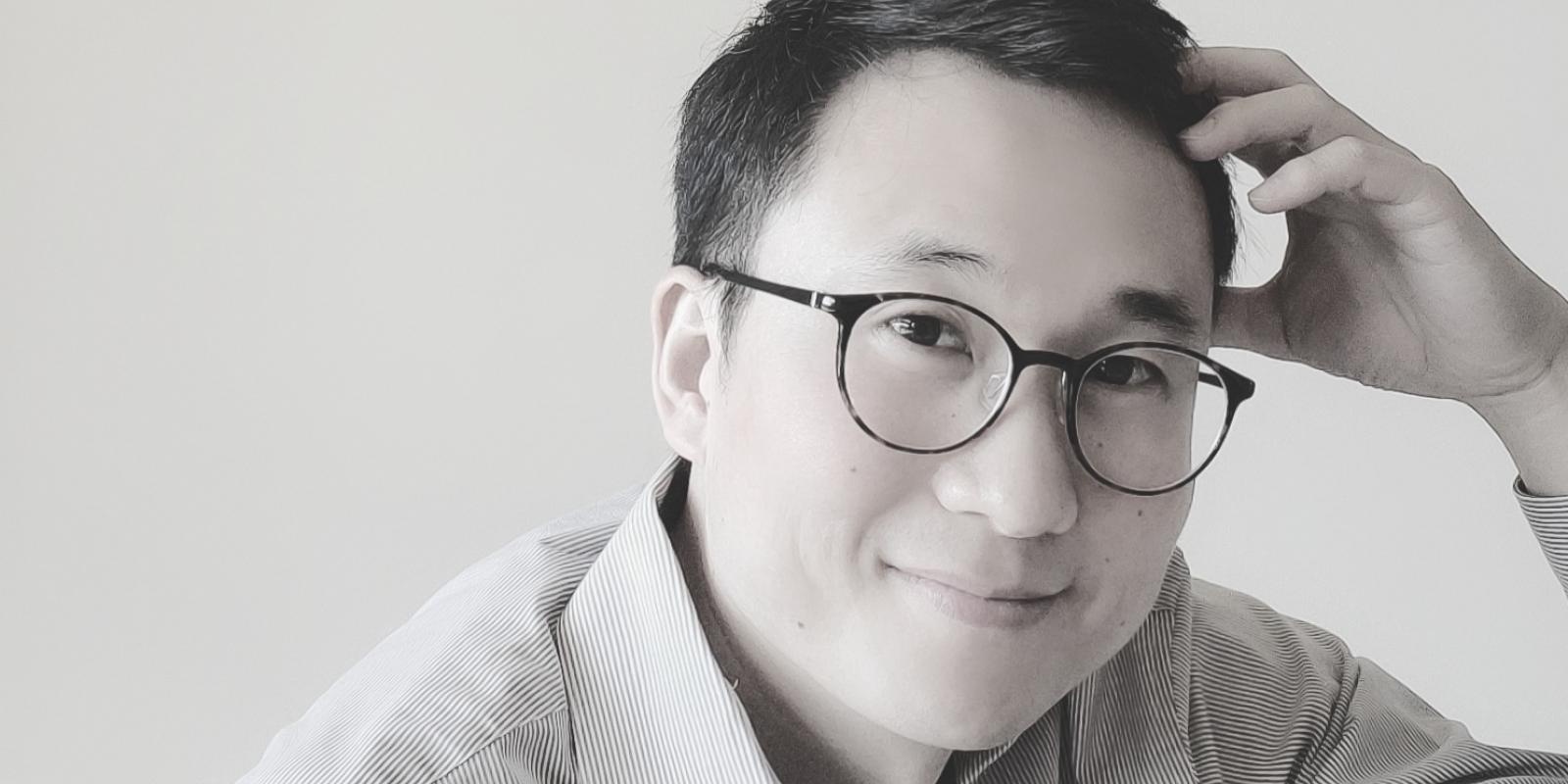Editor’s Note: The John A. Hartford Foundation is collaborating with ASA RISE to advance equity through a series of blog posts in support of the development and dissemination of equity-related, partnership-based thought leadership through ASA’s Generation platform. This blog post is part of that series.
ASA RISE is a 20-week social justice and leadership program for rising leaders of color in aging. The John A. Hartford Foundation, the Archstone Foundation and RRF Foundation for Aging co-fund the program.
I joined ASA RISE to become a better advocate for older immigrants. The challenges faced by older immigrants, especially those dealing with language and cultural barriers, are close to my heart because my beloved grandmother is one of them. She immigrated in 1989 from the Republic of Korea.
She once told me, “When I was leaving for the U.S., the airport employee asked me why I was going there. I told him I wanted to live with my son, who immigrated to the U.S. He responded, ‘If you can’t speak English and drive, you’re worse off than a shepherd dog.’ Looking back now, he wasn’t entirely wrong.”
I could hear her sense of helplessness, longing and regret. My grandmother is one of the primary reasons I chose a profession in the field of aging. I wanted to ensure the unique needs of older immigrants are not overlooked when services are being developed and provided for aging in place and independent living.
Following the murder of George Floyd, calls for racial justice grew louder, creating momentum for diversity, equity and inclusion (DEI) initiatives. It was easy to find DEI-focused sessions or trainings. Every time I attended one, I heard the voices of Black or LGBTQ+ people loud and clear; but not so much from other historically marginalized groups (to me at least, not loud enough).
At one point, it seemed as if the DEI movement was nothing more than marginalized groups competing against one another for a larger share of the pie. I got anxious, like a die-hard fan trying to get a front-row ticket at a BTS concert.
It was with that mindset that I joined ASA RISE. In the beginning, all the discussions sounded too Afro-centric. The term “Black, Indigenous, and People of Color (BIPOC),” which I first heard through ASA RISE, seemed to confirm my assumption that non-Black and non-Indigenous people are secondary in DEI discourse. After my mentor, Justice in Aging’s Denny Chan, patiently and kindly listened to my grievances, he told me that all efforts toward racial equity benefit everyone, including him and me. Really? I wanted to believe that, but how would the Black Lives Matter movement benefit older Asian immigrants like my grandmother?
We fellows shared historical experiences of oppression.
I thought and talked about racial equity more in the six months of the ASA RISE fellowship than I had in the past 30-plus years of my life. As I listened to the lived experiences of my fellow Catalysts, I began to see that we had a lot more in common than I had assumed. For one, we shared historical experiences of oppression. My grandmother was born during the Japanese colonization, one of the darkest hours in Korean history. At that time, the Japanese tried to assimilate Koreans into Japanese society. She could not be called by her real name, Paek Ok; instead, she had to introduce herself as Matsumoto Kyokusho. In school, she was taught the Japanese language and culture and was not allowed to speak the Korean language.
Another shared experience I found was that we all experience code-switching fatigue. When I prepare lunch for an in-office day, I often worry about the food being too Korean (too garlicky? too pungent?) and end up bringing a lunch that is more widely accepted, such as pasta, pizza or salad. Other Catalysts also shared their internal struggles over whether their hair or outfit was too Black for professional settings.
Our struggles are connected by the same root cause: racial injustice. When I focused too much on differences, I could only hear many dissonant voices that seemed to demand their deserved piece of the pie. However, when I began to see the similarities, I was able to hear one song, through many voices.
My wife Hannah and I bought our first home around the beginning of ASA RISE. Right after closing on our new house, we discovered it was infested with cockroaches. We immediately called a professional pest controller who said that we cannot completely rid our house of roaches because we’re in a multi-unit building. He said this treatment will move them out of our home temporarily, but after wandering other units for some time, they will eventually venture back. Unless all our neighbors do pest control together, we cannot eradicate the cockroaches. Similarly, eradicating racial injustice requires an all-hands-on-deck approach.
As we raise our voices in the same liberation song, I, too, will sing that song in solidarity, echoing the hope that Martin Luther King Jr. had:
“…… however difficult the moment, however frustrating the hour, it will not be long, because ‘truth crushed to earth will rise again.’
“How long? Not long, because ‘no lie can live forever.’
“How long? Not long, because ‘you shall reap what you sow.’ ”
I thank God for placing me in the ASA RISE village, where Patrice, Cynthia, Victoria, my fellow Catalysts, and my mentor, Denny, reminded me that my story matters and helped me find and refine my voice.
Tae Oh, LSW, is a planning analyst at the Philadelphia Corporation for Aging.
Photo credit: Courtesy Tae Oh.













